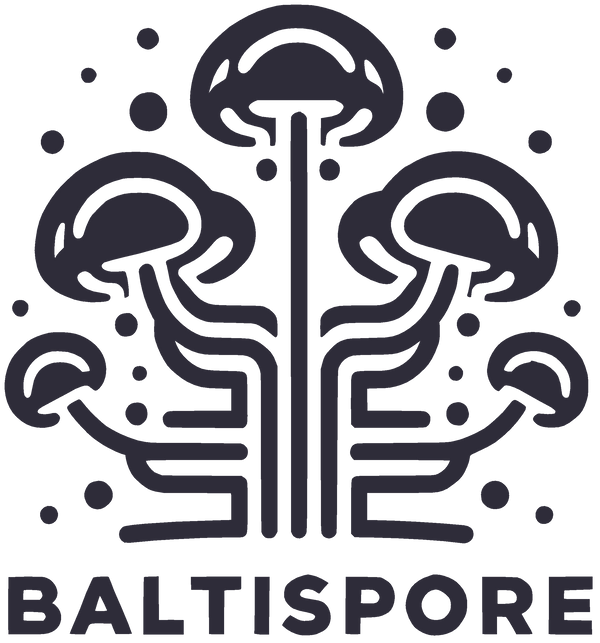The Maitake mushroom, scientifically known as Grifola frondosa, is a popular medicinal mushroom with a rich history of use in traditional medicine. Also known as "Hen of the Woods" due to its feather-like appearance, and "dancing mushroom" as people would dance with joy when finding it in the wild, Maitake has been lauded for its potential health benefits.
Nutritional Benefits:
Maitake mushrooms are a rich source of nutrients, including vitamins B and C, minerals such as potassium, calcium, and magnesium, as well as amino acids and fiber[1]. This nutritional profile contributes to the overall health-promoting properties of Maitake.
Potential Health Benefits:
Research suggests that Maitake mushrooms may have several health benefits, including:
1. Immune System Support:
Maitake contains beta-glucans, a type of polysaccharide known for its ability to support immune function. Studies have shown that beta-glucans can stimulate the activity of immune cells, helping to boost the body's defense against infections and diseases[2].
2. Anti-Cancer Properties:
Preliminary research indicates that Maitake may have anti-cancer properties. Certain compounds in the mushroom, such as D-fraction, have demonstrated potential in inhibiting cancer cell growth and proliferation[3].
3. Blood Sugar Control:
Maitake may also play a role in regulating blood sugar levels. Some studies suggest that compounds in Maitake can improve insulin resistance, thus helping to manage diabetes and related conditions[4].
4. Cardiovascular Support:
While there is limited research on Maitake's effect on cardiovascular health, some studies suggest that its components may contribute to heart health by supporting healthy cholesterol levels and blood pressure[5].
How to Incorporate Maitake into Your Diet:
Maitake mushrooms can be enjoyed in various dishes, from soups and stews to stir-fries and sautés. Their rich, earthy flavor adds depth to any meal, while their potential health benefits make them a valuable addition to a balanced diet.
Conclusion:
With its intriguing appearance, nutritional value, and potential health benefits, the Maitake mushroom is undoubtedly a fascinating and valuable medicinal mushroom. As with any supplement or health food, it is essential to consult a healthcare professional before adding Maitake to your regimen, especially if you are pregnant, nursing, or have a medical condition.
References:
1. Mayell, M. (2001). Maitake Extracts and Their Therapeutic Potential. Alternative Medicine Review, 6(1), 48-50. https://pubmed.ncbi.nlm.nih.gov/11207456/
2. Kodama, N., Komuta, K., & Nanba, H. (2002). Can Maitake MD-Fraction Aid Cancer Patients?. Alternative Medicine Review, 7(3), 236-239. https://pubmed.ncbi.nlm.nih.gov/12126464/
3. Kodama, N., Asakawa, A., Inui, A., Masuda, Y., & Nanba, H. (2003). Enhancement of Cytotoxicity of NK Cells by D-Fraction, a Polysaccharide from Grifola frondosa. Oncology Reports, 10(2), 497-502. https://pubmed.ncbi.nlm.nih.gov/12579329/
4. Kubo, K., & Nanba, H. (1996). The Effect of Maitake Mushrooms on Liver and Serum Lipids. Alternative Therapies in Health and Medicine, 2(5), 62-66. https://pubmed.ncbi.nlm.nih.gov/8795938/
5. Kubo, K., & Nanba, H. (1997). The Effect of Maitake Mushrooms on Blood Pressure and Lipid Levels. Journal of Herbal Medicine, 8(1), 25-28. https://pubmed.ncbi.nlm.nih.gov/8795939/

